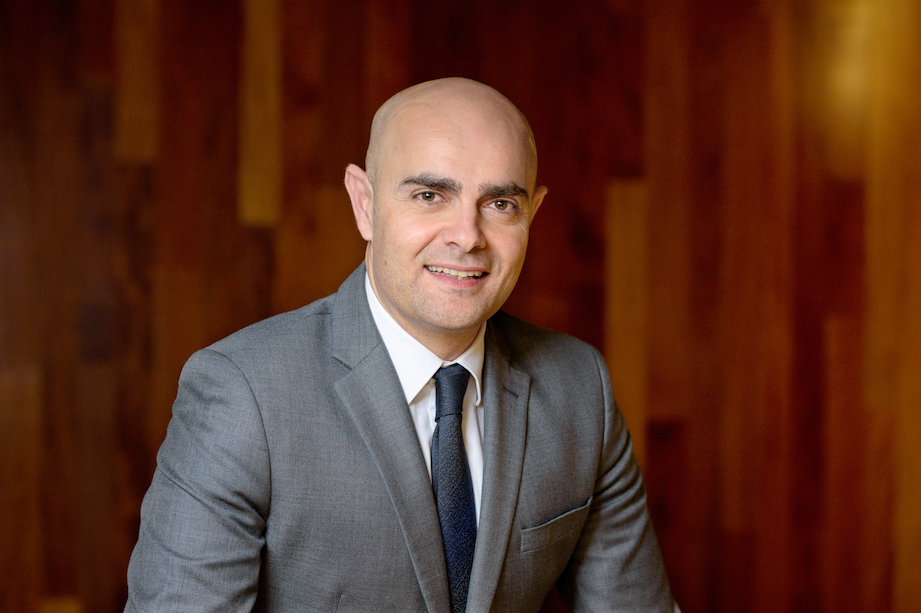“If the industry is to see the predicted signs of recovery by the start of summer, urgent and coordinated stakeholder action, which would allow the safe restart of travel and tourism activities, is needed at national and European levels,” says Malta International Airport CEO Alan Borg, reacting to continued dwindling passenger numbers.
Last month, passenger traffic through MIA dipped to an all-time low since the airport’s reopening to commercial flights in July 2020. At just 27,524 passenger movements, it correlates to a mammoth drop of 93.5 per cent over the same month in 2020 – which marks a full year since the airport first reported the early effects of COVID-19.
“While the focus should remain on the effective roll-out of vaccination programmes,” the CEO continues, “other key matters, including health certificates and leveraging mobile technology to enable the reopening of borders, should also be given due importance.”
With consumer confidence and air travel demand remaining low as the pandemic continues to have far reaching consequences, seat capacity deployed by airlines in February 2021 was at just 10 per cent of February 2020 levels.
In fact, according to an MIA update on February passenger traffic, last month’s seat load factor showed that only just over half the seats available on flights to and from Malta were occupied throughout the month.
The same report stated that, from among the airport’s top 10 markets, the United Kingdom registered the largest drop in passenger numbers, as a ban restricting travel between the two countries remained in place.
Mark Drago named Chief Operating Officer at HSBC Malta
Mr Drago is taking over from Svetlana Maslova, bringing over 38 years of banking experience.
Kyte Global supports companies in achieving DORA and MiCA compliance following their release
With new EU regulations on digital resilience and crypto-assets set to take effect in 2025, Kyte Global is supporting organisations ...
Corinthia Group Managing Director and CEO recognised with international award
Simon Naudi was awarded the Exceptional Contribution CEO Award from Global Hotel Alliance.
Alexander Fenech takes on strategy role at Brown’s as Tiziana Ceci named CEO
The pharmacy chain also announced the addition of two independent directors to its board.








